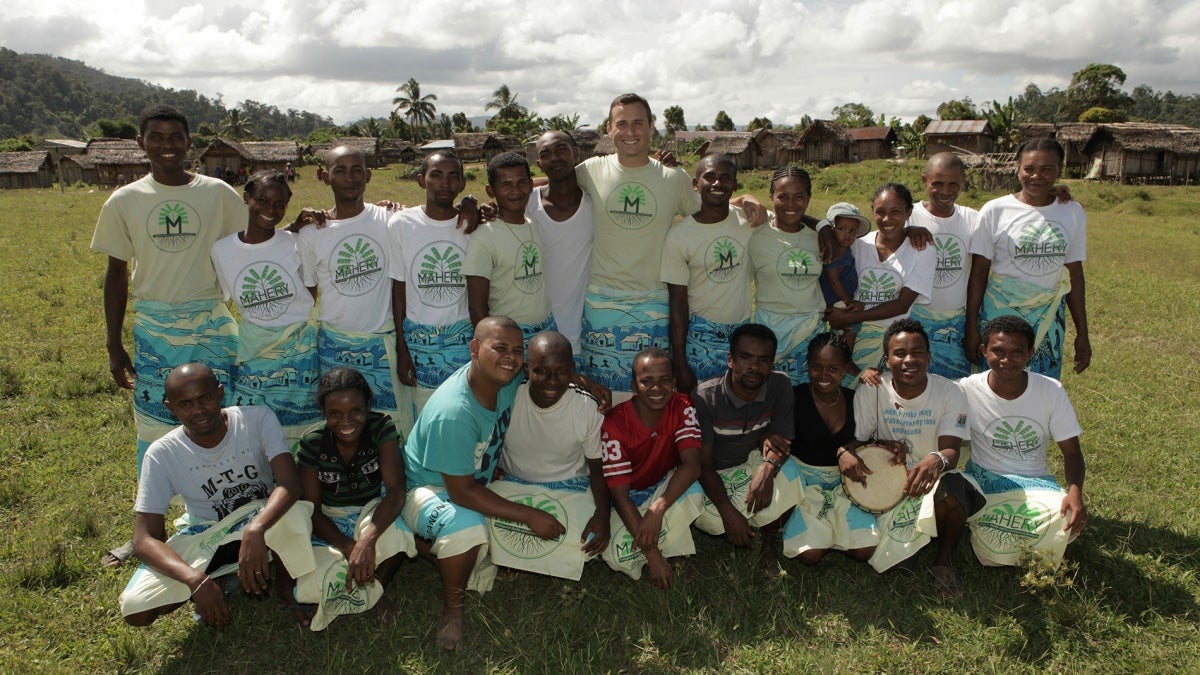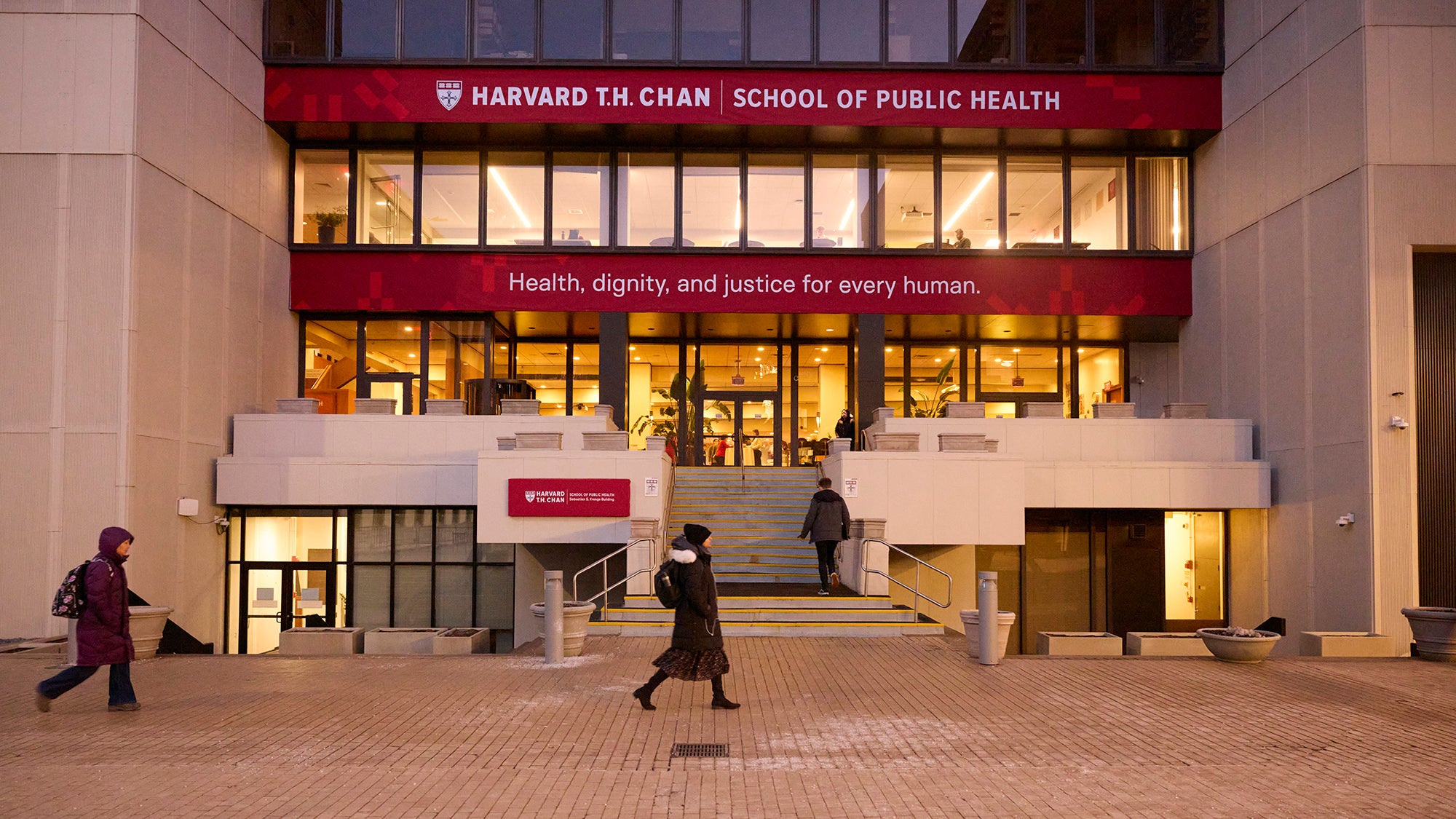Christopher Golden
Bruce A. Beal, Robert L. Beal and Alexander S. Beal Associate Professor of Nutrition and Planetary Health
Nutrition, Harvard T.H. Chan School of Public Health
Departments
Department of Environmental Health
Department of Global Health and Population
Department of Nutrition
Other Positions
Faculty Affiliate in the Department of Environmental Health
Environmental Health, Harvard T.H. Chan School of Public Health
Faculty Affiliate in the Department of Global Health and Population
Global Health and Population, Harvard T.H. Chan School of Public Health
Director of MPH Program in Nutrition
Nutrition, Harvard T.H. Chan School of Public Health
Director of Program on Nutrition and Planetary Health
Nutrition, Harvard T.H. Chan School of Public Health
Related Links
Biography
Dr. Christopher Golden is an Associate Professor of Planetary Health and Nutrition at the Harvard T.H. Chan School of Public Health. As an ecologist and epidemiologist, his research investigates the human health impacts of global environmental change, with a focus on food systems. He received his BA from Harvard College and two graduate degrees from UC Berkeley: an MPH in Epidemiology with a focus in Nutrition, and a PhD in Environmental Science, Policy and Management. Golden has been conducting research in Madagascar since 1999, and founded the non-profit Madagascar Health and Environmental Research (MAHERY). He is the Director of the Program in Nutrition and Planetary Health at HSPH, the Co-Director for the Concentration in Climate Change and Planetary Health, and sits on the faculty board for the Center for Climate, Health and the Global Environment.
In Madagascar, his current research focuses on creating systems of climate-smart public health through climate and environmental monitoring and disease surveillance. Using data science approaches and with an interdisciplinary team, Golden investigates the role of climate change in crop failure and malnutrition; deforestation in the spread of vector-borne disease; cyclonic activity and floods in diarrheal disease; and sea temperature and harmful algal bloom activity in marine food poisoning events. On the ground, Golden’s team is creating artificial coral reefs in southwestern Madagascar to rehabilitate fish stocks and increase local people’s access to seafood in the context of climate-driven crop failures that have led to near famine-like conditions.
Beyond Madagascar, Golden has been leading a collaborative research program that evaluates the connections among climate change, fisheries management and ocean governance, and food security and human nutrition in coastal populations around the world. Given trends in mass fisheries declines, coral bleaching, and raising sea surface temperatures that will drive fisheries away from the Equator and toward the Poles, food-insecure populations across the globe will be deprived of a critical nutritional resource. His group tackles this subject by modeling potential health futures and determining what types of interventions may be able to buffer against these impacts. His research has been published in Nature, Science, and the Proceedings of the National Academy of Sciences.
Education and Training
-
MPH, Epidemiology
UC Berkeley -
PhD, Environmental Science, Policy, and Management
UC Berkeley -
BA, Environmental Conservation
Harvard College -
Post-doc, Planetary Health
Harvard University Center for the Environment


